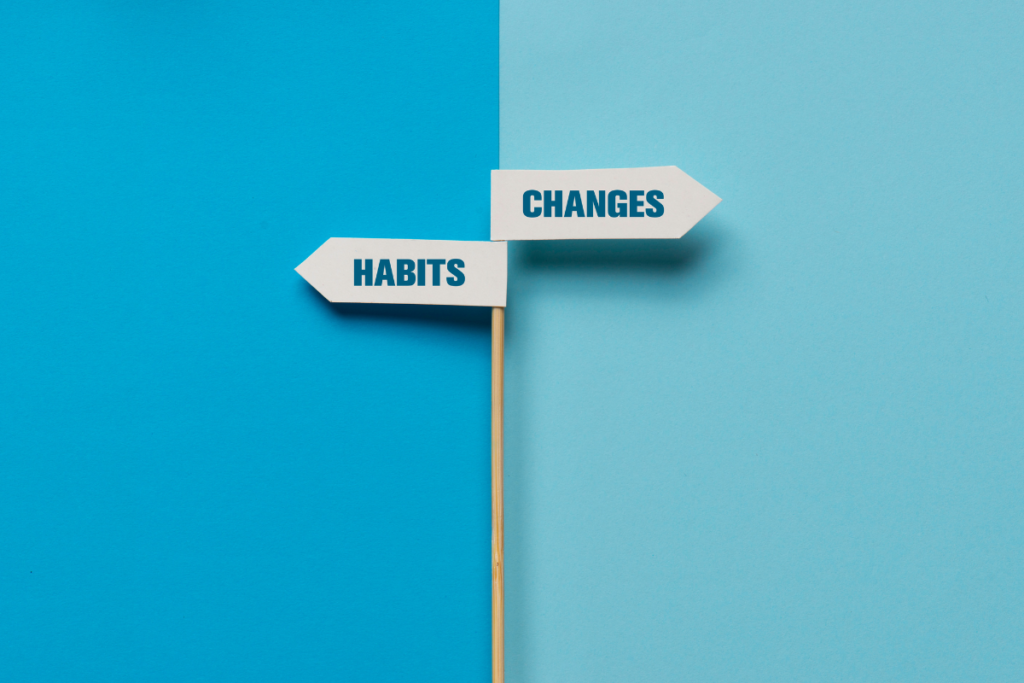
Have you ever wondered how long it takes to truly form a habit? The answer may surprise you. It’s a question that has baffled researchers and self-improvement enthusiasts for years, and the answers have ranged from 3 weeks to 90 days or even longer. But what if we’ve been asking the wrong question all along?
What if, instead of asking how long it takes to create a habit, we should be asking how many “repetitions” of an action are required before it becomes a habit? This shift in perspective is incredibly empowering because it puts you in the driver’s seat, taking you out of the passive mode of waiting for time to pass and into an active role in the process of habit formation.
Why Repetition Is the Key
The power of this approach lies in its focus on action. It’s the repeated actions that help rewire your brain for success. Studies in the field of neuroscience have shown that the human brain can physically change in a matter of weeks or even a few days when you learn new things or establish new habits. This fascinating phenomenon is known as neuroplasticity, a relatively new area of brain science that challenges the old belief that the brain is static and unchangeable after a certain age.
For example, studies have revealed that the brains of taxi drivers who navigate complex city streets have physically changed, particularly in the areas of the brain related to spatial awareness. If the brain can adapt to something as intricate as navigating a city, it certainly has the potential to adapt to creating healthier habits and cultivating a positive mindset.
The REACH Process: Rewiring Your Brain for Success
To understand how the brain can be rewired, let’s explore the REACH process, a framework for creating new neural pathways in your brain:
- Repetition: The more repetitions of an activity you engage in, the more likely rewiring will occur. Repetition is the foundation upon which new habits are built.
- Effort: Rewiring the brain takes effort and enthusiasm. Simply going through the motions won’t suffice. You need to invest genuine effort and commitment.
- Attention: Being fully present in the moment while performing an activity is crucial. Paying attention to all the details and nuances of the action enhances the rewiring process.
- Complex Activities: More involved and challenging habits require more rewiring. Learning a new language, for example, demands more rewiring than simple routines like drinking a glass of water in the morning.
- Health: A healthy body and brain are more receptive to change. Prioritize exercise, sleep, and a balanced diet to lay the groundwork for rewiring your brain.
So, how long does it take for this rewiring process to occur? There are no strict rules, as the time required depends on the complexity of the habit. Simple habits may form with fewer repetitions, while more challenging ones may demand more practice.
Empower Yourself with Repetition
The idea of repetition is not just about waiting for a habit to magically “stick.” It’s about being intentional and actively engaging in the process. The more repetitions you accumulate, the closer you get to making that activity an integral part of your lifestyle.
So, whether you’re striving to drink more water, plan your meals, or embark on a journey of self-improvement, remember that the power lies in your hands. Embrace the concept of repetition, stay committed, and watch as your brain rewires itself to pave the way for lasting change.
Make it an amazing day,
Keith, Michelle & More Team
REFERENCES:
